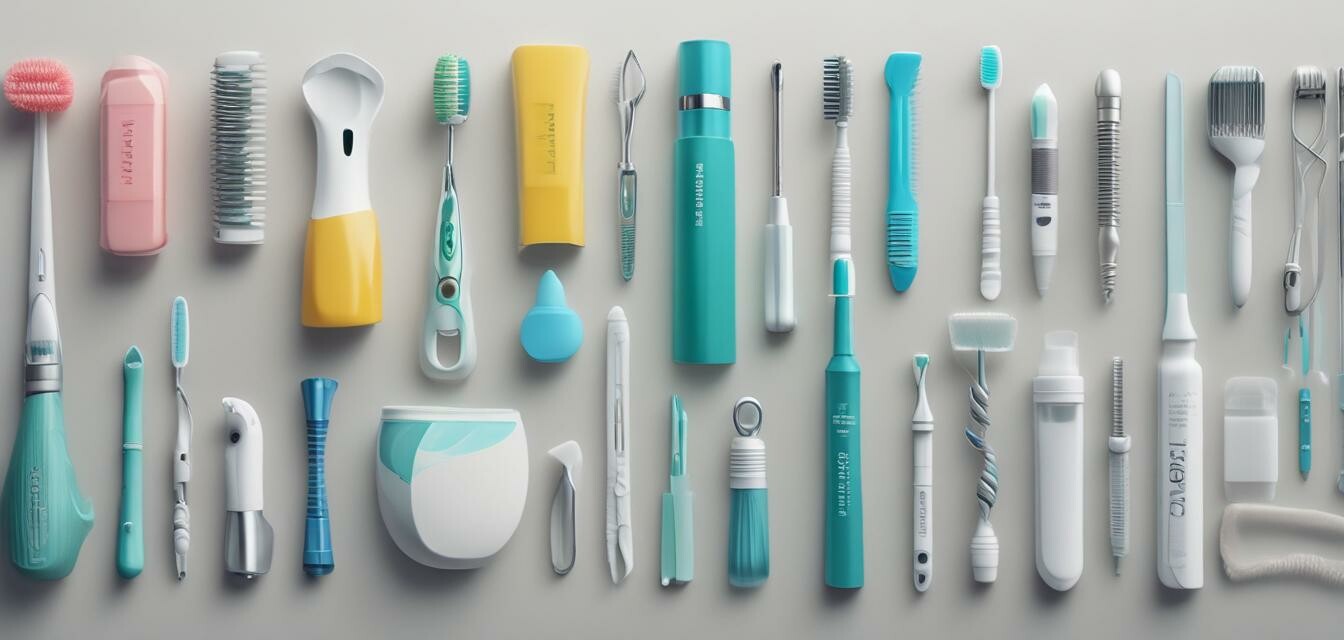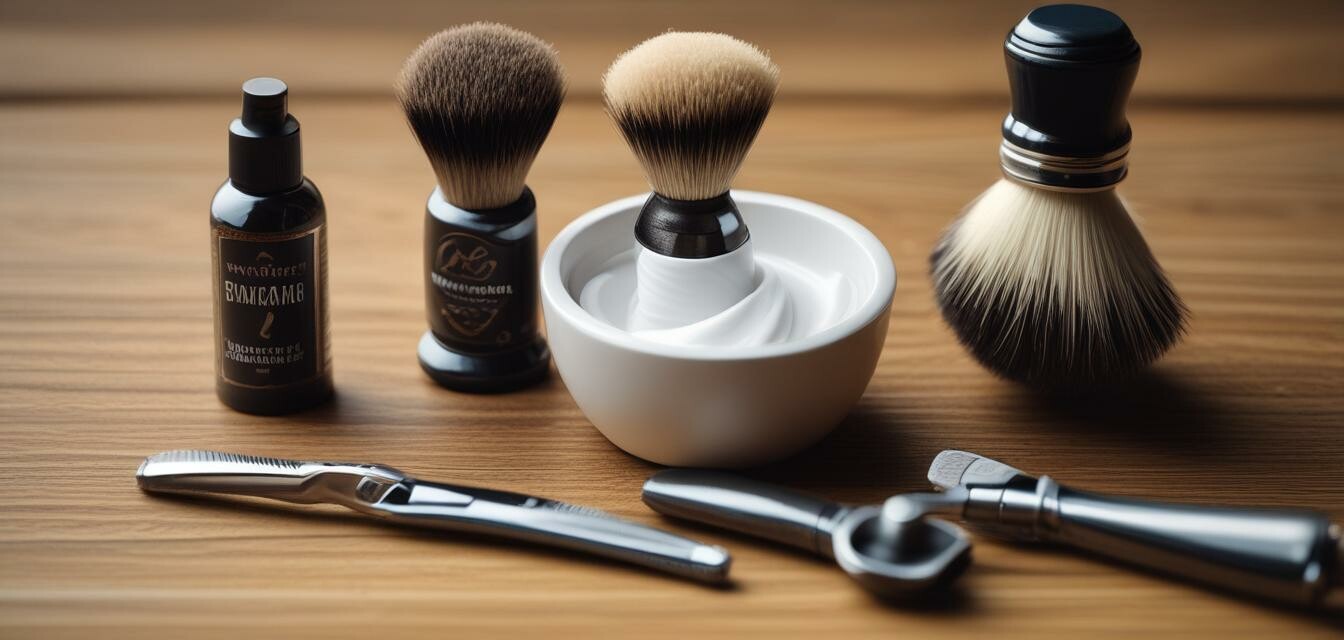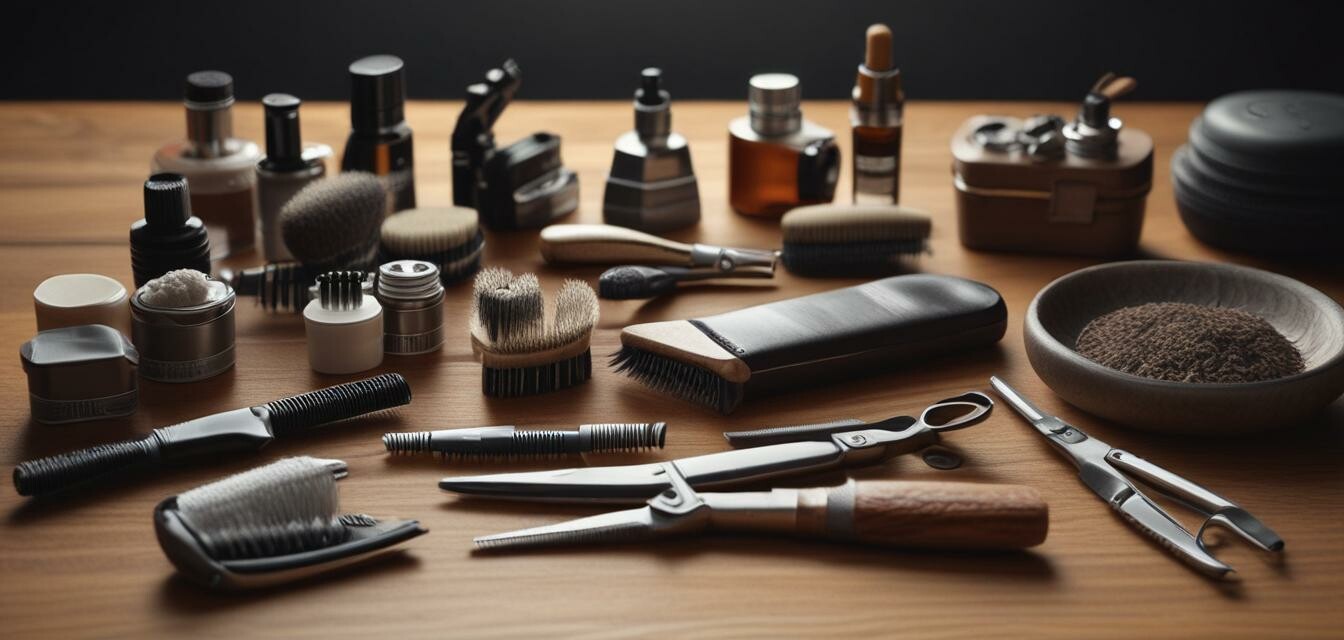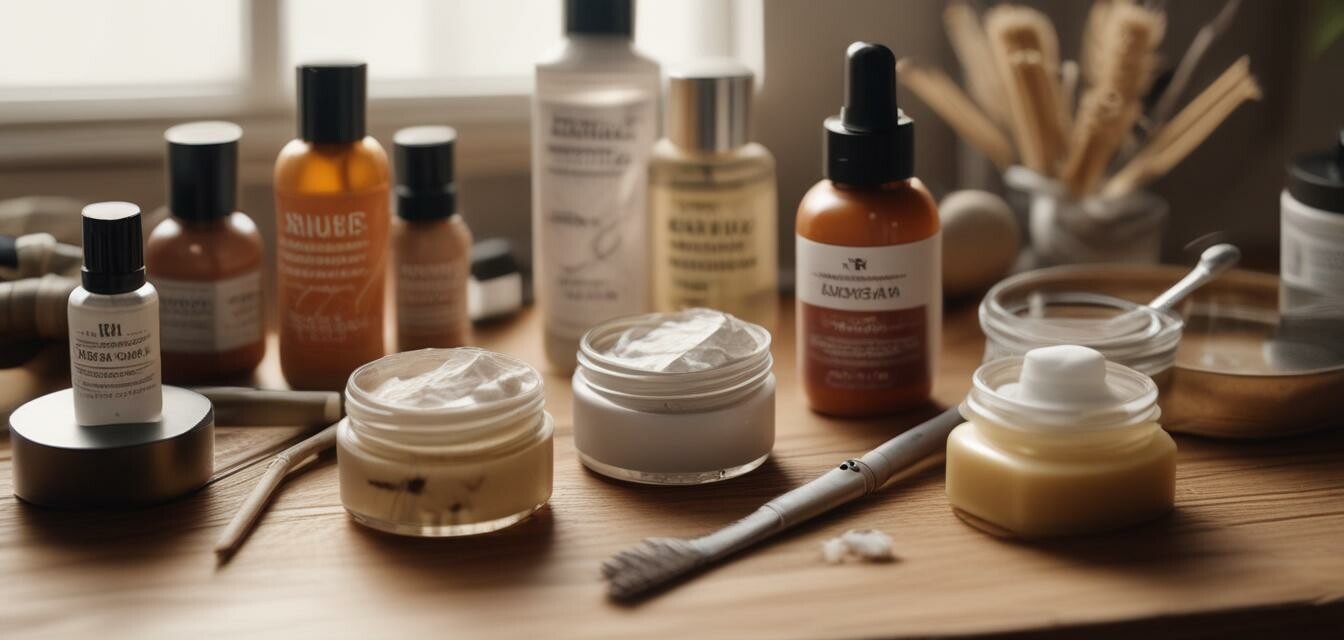
Oral Care
Key Takeaways
- Maintaining good oral hygiene is essential for overall health.
- Regular brushing and flossing can prevent most dental issues.
- Choosing the right products can enhance your oral care routine.
- Stay informed about the latest oral care practices and technologies.
Good oral care is the foundation of a healthy lifestyle. It plays a crucial role in preventing dental diseases and improving overall well-being. This article dives into the essentials of oral hygiene, discusses best practices, and recommends the best products and tips for achieving a brighter, healthier smile.
Importance of Oral Hygiene
Maintaining proper oral hygiene is more than just having fresh breath and a bright smile. It affects your general health and well-being. Dental issues can lead to cavities, gum disease, and even affect your heart health. Here are some key reasons why oral hygiene matters:
- Prevention of cavities and tooth decay
- Reduction of bad breath
- Lower risk of gum disease
- Enhanced overall health
Best Practices for Oral Care
Adopting effective oral care practices can make a significant difference in your dental health. Below, you’ll find key practices to incorporate into your daily routine:
- Brush your teeth twice a day: Use a fluoride toothpaste and make sure to brush for at least two minutes each time.
- Floss daily: Flossing removes food particles and plaque between your teeth where a toothbrush can't reach.
- Use mouthwash: An antimicrobial mouthwash can help reduce plaque and prevent gum disease.
- Regular dental visits: Schedule check-ups at least twice a year for professional cleanings.
- Drink water: Staying hydrated helps produce saliva, which is your mouth's natural defense against cavities.
Choosing the Right Oral Care Products
The abundance of oral care products available can be overwhelming. Here’s a breakdown of essential products you should consider:
| Product Category | Description | Recommended Features |
|---|---|---|
| Toothbrushes | A tool for brushing teeth, available in manual and electric forms. | Soft bristles, comfortable grip, and a size that fits your mouth. |
| Toothpaste | Contains fluoride to help protect against cavities. | Fluoride content and flavor preference. |
| Dental Floss | Helps remove food particles and plaque from between teeth. | Waxed or unwaxed, flavored or plain. |
| Mouthwash | Used for rinsing after brushing and flossing. | Antimicrobial properties and freshening breath. |
Top Oral Care Categories
For more details on specific products, feel free to check out these comprehensive guides on:
Tips for a Whiter Smile
A bright smile not only enhances your looks but also boosts your confidence. Here are a few tips to help you achieve that desired whiteness:
- Use whitening toothpaste.
- Limit foods or beverages known to stain teeth, such as coffee, red wine, or berries.
- Consider using whitening strips or gels, following the manufacturer's instructions.
- Maintain regular dental cleanings for professional whitening options.
Myths and Facts about Oral Care
When it comes to oral hygiene, misinformation can be a significant hurdle. Here are some common myths debunked:
| Myth | Fact |
|---|---|
| Whitening toothpaste is enough for whitening teeth. | While it helps, professional treatments are often more effective. |
| Chewing gum can replace brushing. | Gum can help freshen breath but does not remove plaque like brushing does. |
| Flossing is optional. | Flossing is essential for removing plaque between teeth and preventing gum disease. |
Beginner's Section
If you're just starting your oral care journey, here are some helpful tips:
- Invest in a quality toothbrush and fluoride toothpaste.
- Set a daily reminder for brushing and flossing.
- Don’t hesitate to ask your dentist for guidance on your routine.
- Consider a mouthwash that targets specific oral concerns.
Pros
- Improves overall health.
- Contributes to a brighter smile.
- Helps prevent dental issues.
- Enhances self-confidence.
Cons
- Can be time-consuming with a busy schedule.
- Some products can be expensive.
- Requires consistent effort for the best results.
Conclusion
Oral care is an essential part of maintaining health and well-being. By adhering to the best practices outlined in this article and using the right products, you can ensure that your oral health remains a priority. Don't forget to visit your dentist regularly and stay up-to-date with the latest oral care advancements to keep your smile bright and healthy.










